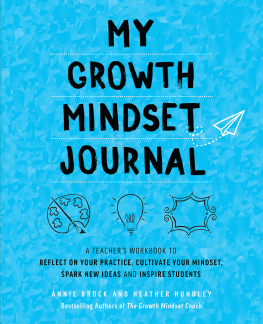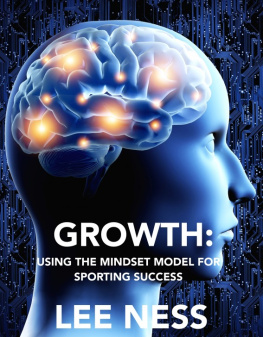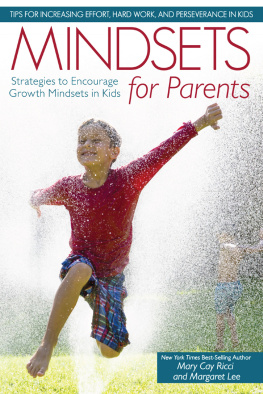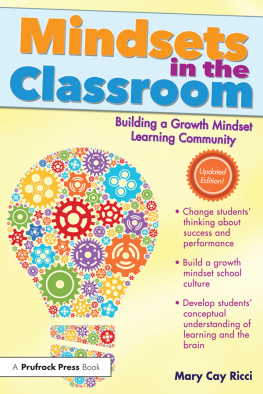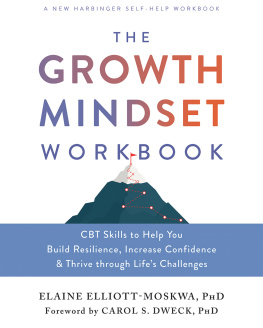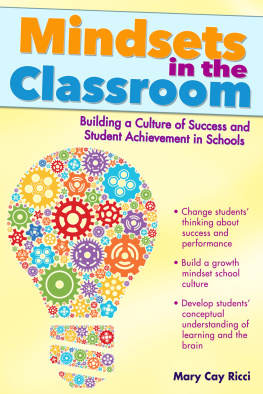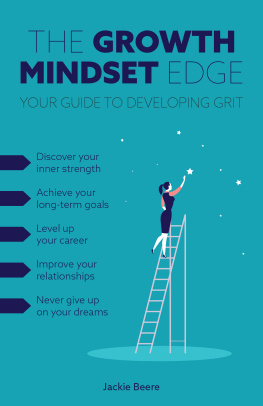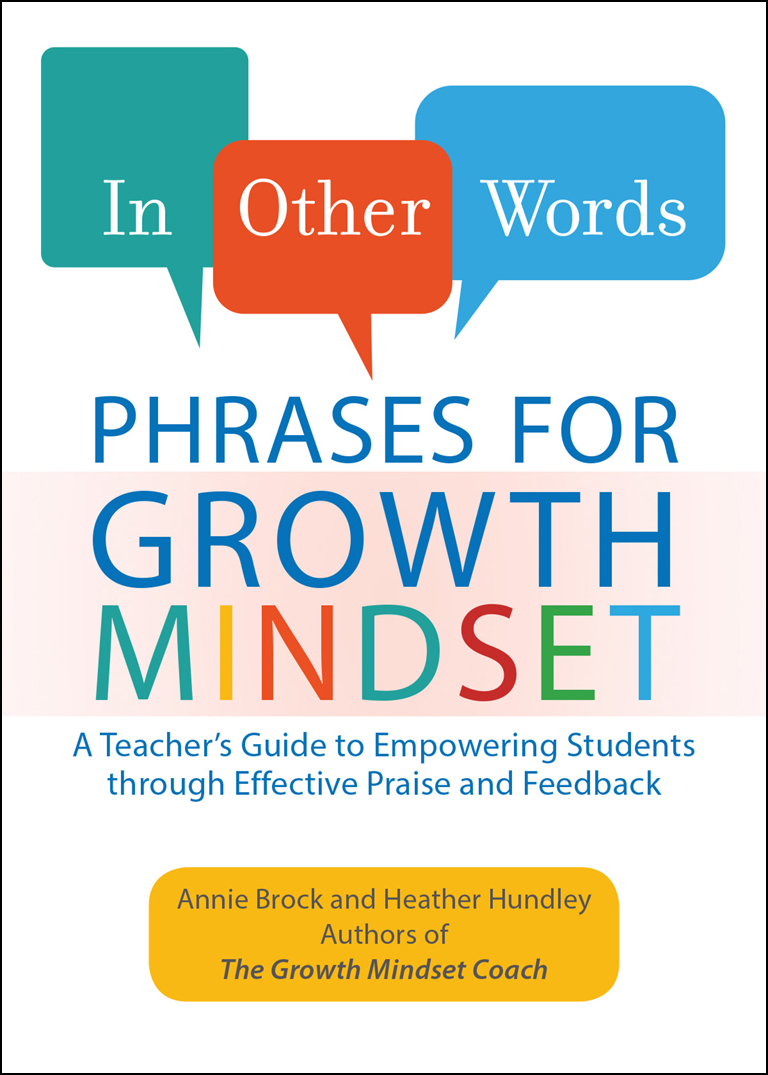
Text copyright 2018 Annie Brock and Heather Hundley. Design and concept copyright 2018 Ulysses Press and its licensors. All rights reserved. Any unauthorized duplication in whole or in part or dissemination of this edition by any means (including but not limited to photocopying, electronic devices, digital versions, and the internet) will be prosecuted to the fullest extent of the law.
Published in the United States by:
Ulysses Press
P.O. Box 3440
Berkeley, CA 94703
www.ulyssespress.com
ISBN13: 978-1-61243-814-6
Acquisitions editor: Casie Vogel
Managing editor: Claire Chun
Editor: Shayna Keyles
Proofreader: Renee Rutledge
Front cover design: what!design @ whatweb.com
Cover art: speech bubbles Vladgrin/shutterstock.com
Distributed by Publishers Group West
IMPORTANT NOTE TO READERS: This book is independently authored and published and no sponsorship or endorsement of this book by, and no affiliation with, any trademarked brands or other products mentioned within is claimed or suggested. All trademarks that appear in this book belong to their respective owners and are used here for informational purposes only. The authors and publisher encourage readers to patronize the quality brands and products mentioned in this book.
Contents

Table of Contents
Guide

In 2006, Dr. Carol Dweck, the Lewis and Virginia Eaton Professor of Psychology at Stanford University, published a book called Mindset that changed the way many educators, including us, approached student learning. Armed with an aggregation of 30 years research, Dweck outlined a powerful theory on the two mindsets she had uncovered in her research subjectsfixed mindset and growth mindset.
Dwecks journey began while she was studying how students coped with failure. She realized that students tended to handle failure in one of two ways: Some seemed to thrive in the face of a challenge, while others did their best to avoid challenging situations. She noted that students willing to grapple with a difficult problem tended to have better overall academic outcomes than those who practiced avoidance techniques. The more she looked, the more she realized that the mindset with which a person approached a situation made a tremendous difference in the outcome of that situation. She named the two mindsets fixed mindset and growth mindset.
FIXED MINDSET: The belief that we are born with a fixed amount of intelligence and ability.
GROWTH MINDSET: The belief that with practice, perseverance, and effort, people have limitless potential to learn and grow.
Fixed Mindset | Growth Mindset |
Belief that ability and talent are fixed or limited; that one will likely not significantly improve in an area if one does not demonstrate natural talent in that area. | Belief that success is a direct result of effort put forth, rather than ones natural ability or talent. |
Tendency to avoid challenges in order to avoid failure or appearing incompetent. | Tendency to approach challenges without fear of failure. |
Tendency to give up after encountering an obstacle. | Willingness to try a new strategy when hitting an obstacle. |
Tendency to blame others or underlying circumstances for failure. | Tendency to view failures and mistakes as stepping stones to more successful outcomes. |
Rarely identifies lack of effort as the cause of failure. | Ability to readily identify the link between effort and achievement. |
Tendency to shut down in the face of mistakes. | Tendency to be energized by failure as an opportunity to grow and overcome a problem. |
Views mistakes as an embarrassment, not a learning opportunity. | Demonstrates understanding that mistakes are a part of the learning process. |
Tendency to view feedback as criticism and/or a personal attack. | Tendency to seek feedback as a necessary ingredient for growth. |
Heres the thing about the mindsets: Both fixed mindset and growth mindset exist in us all. Its whether we choose to view various situations through the lens of the growth mindset or the fixed mindset that makes all the difference. In Mindset, Dweck points out that all people begin life with a growth mindset. Indeed, babies are the very picture of the growth mindset. They dont care if what they are saying makes sense as they are navigating learning to speak, and no matter how often they fall in the pursuit of learning to walk, they always get back up. So, the question becomes, at what point do fixed mindsets begin to develop? Some would argue that fixed-mindset tendencies begin to emerge in childhood.
Dweck writes of raising children to have a growth mindset: If parents want to give their children a gift, the best thing they can do is to teach their children to love challenges, be intrigued by mistakes, enjoy effort, and keep on learning. That way, their children dont have to be slaves of praise. They will have a lifelong way to build and repair their own confidence.
Much in the same way, teachers can offer students the gift of pursuing challenges, working through mistakes, and learning there is a direct line leading from effort to growth. In this book, we seek to give educators the tools to communicate with students, create Growth-mindset classroom atmospheres, and provide praise and feedback in a way that fosters growth mindsets.
ABOUT THE BOOK
This book is meant to be a shorthand guide to communicating with students. Much of what is written here has been adapted from our longer works on the topic of growth mindsetThe Growth Mindset Coach and The Growth Mindset Playbook. Consider this a primer of sorts, a cheat-sheet version of Playbook and Coach filled with tips, strategies, and go-to phrases designed to help teachers shift their thoughts, words, and deeds into the growth-mindset zone.
When it comes to praise and feedback, many parents and teachers fall into the same fixed-mindset traps that can ultimately hamper childrens ability to develop growth mindsets. When we say well-meaning things like, Youre so smart! we are overlooking the fact that those wordswords that are associated with personal attributesmay ultimately be damaging. Youre so smart, might feel like appropriate praise in the moment, but later when the student meets with inevitable failure, they may fall to pieces because the words they internalized about themselvesyoure so smartdont seem so true, after all.
In our book, The Growth Mindset Coach, we differentiated between person praise and process praise, and we gave tips to teachers for providing feedback in a way that helped students see that academic success is about overcoming obstacles, putting forth effort, and turning mistakes into learning opportunities. In this book, in addition to offering a primer on growth-oriented praise and feedback, well delve into methods to maximize growth-mindset communication in various school relationships, examine the ways that the two mindsets may play a role in the school day, and introduce you to the tools you need to respond to situations with a growth mindset. Well also demonstrate how you can create conditions in your relationships, classroom, and school in which the growth mindsets of others will have the opportunity to flourish. The sections of this book discuss:


